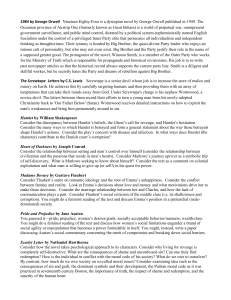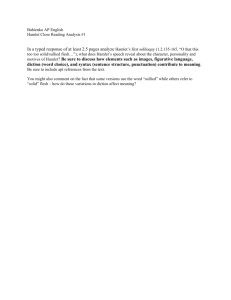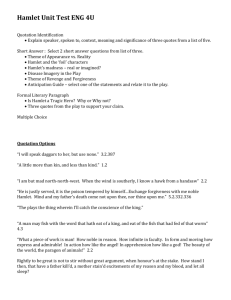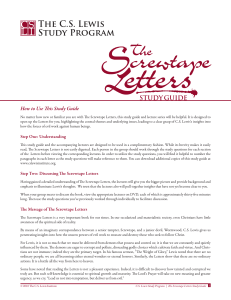Novel list and due dates
advertisement
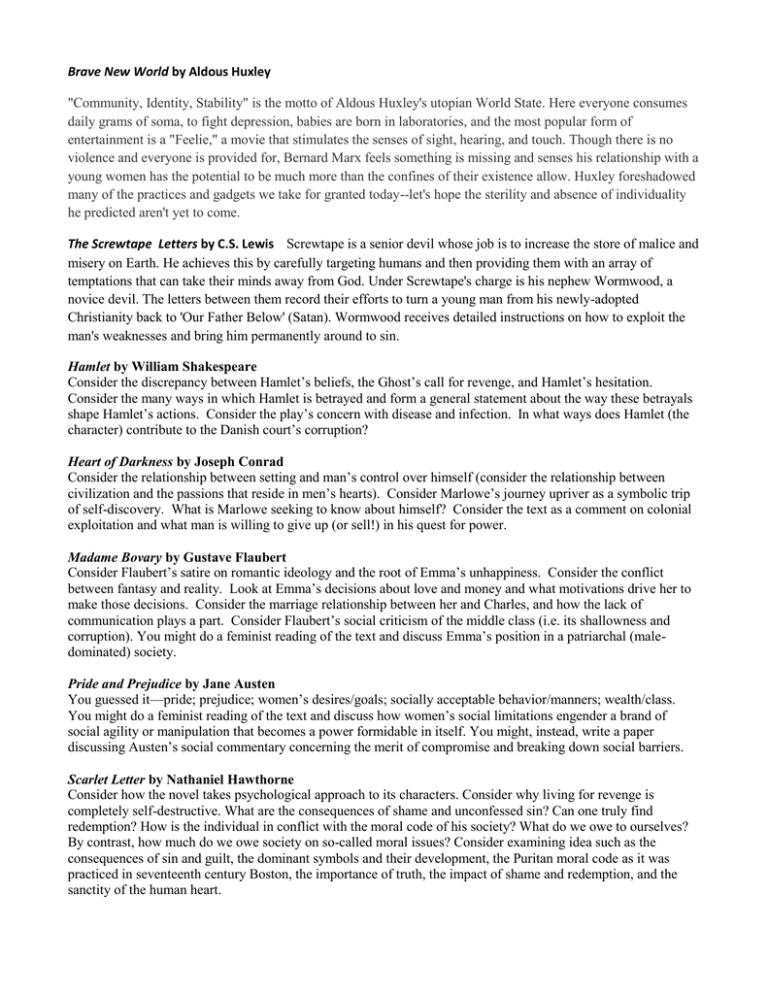
Brave New World by Aldous Huxley "Community, Identity, Stability" is the motto of Aldous Huxley's utopian World State. Here everyone consumes daily grams of soma, to fight depression, babies are born in laboratories, and the most popular form of entertainment is a "Feelie," a movie that stimulates the senses of sight, hearing, and touch. Though there is no violence and everyone is provided for, Bernard Marx feels something is missing and senses his relationship with a young women has the potential to be much more than the confines of their existence allow. Huxley foreshadowed many of the practices and gadgets we take for granted today--let's hope the sterility and absence of individuality he predicted aren't yet to come. The Screwtape Letters by C.S. Lewis Screwtape is a senior devil whose job is to increase the store of malice and misery on Earth. He achieves this by carefully targeting humans and then providing them with an array of temptations that can take their minds away from God. Under Screwtape's charge is his nephew Wormwood, a novice devil. The letters between them record their efforts to turn a young man from his newly-adopted Christianity back to 'Our Father Below' (Satan). Wormwood receives detailed instructions on how to exploit the man's weaknesses and bring him permanently around to sin. Hamlet by William Shakespeare Consider the discrepancy between Hamlet’s beliefs, the Ghost’s call for revenge, and Hamlet’s hesitation. Consider the many ways in which Hamlet is betrayed and form a general statement about the way these betrayals shape Hamlet’s actions. Consider the play’s concern with disease and infection. In what ways does Hamlet (the character) contribute to the Danish court’s corruption? Heart of Darkness by Joseph Conrad Consider the relationship between setting and man’s control over himself (consider the relationship between civilization and the passions that reside in men’s hearts). Consider Marlowe’s journey upriver as a symbolic trip of self-discovery. What is Marlowe seeking to know about himself? Consider the text as a comment on colonial exploitation and what man is willing to give up (or sell!) in his quest for power. Madame Bovary by Gustave Flaubert Consider Flaubert’s satire on romantic ideology and the root of Emma’s unhappiness. Consider the conflict between fantasy and reality. Look at Emma’s decisions about love and money and what motivations drive her to make those decisions. Consider the marriage relationship between her and Charles, and how the lack of communication plays a part. Consider Flaubert’s social criticism of the middle class (i.e. its shallowness and corruption). You might do a feminist reading of the text and discuss Emma’s position in a patriarchal (maledominated) society. Pride and Prejudice by Jane Austen You guessed it—pride; prejudice; women’s desires/goals; socially acceptable behavior/manners; wealth/class. You might do a feminist reading of the text and discuss how women’s social limitations engender a brand of social agility or manipulation that becomes a power formidable in itself. You might, instead, write a paper discussing Austen’s social commentary concerning the merit of compromise and breaking down social barriers. Scarlet Letter by Nathaniel Hawthorne Consider how the novel takes psychological approach to its characters. Consider why living for revenge is completely self-destructive. What are the consequences of shame and unconfessed sin? Can one truly find redemption? How is the individual in conflict with the moral code of his society? What do we owe to ourselves? By contrast, how much do we owe society on so-called moral issues? Consider examining idea such as the consequences of sin and guilt, the dominant symbols and their development, the Puritan moral code as it was practiced in seventeenth century Boston, the importance of truth, the impact of shame and redemption, and the sanctity of the human heart. Independent Novel Reading Schedule To help keep you on track in your reading, you will have three separate quizzes over your novel: 1. Friday, January 23th First Section 2. Friday, January 30th Second Section th 3. Friday, February 6 Third (final) Section If you are absent the day before a novel quiz, you are still expected to take the quiz that day. If you are absent the day of the quiz, you are expected to take the quiz the day you return. I have broken each of the works into three sections (not all sections are the same length). You will be responsible for keeping up with the reading according to this schedule. Note: Individual editions may vary. Use this sheet as your guide; if you are having trouble locating start and end points in your particular edition; please see me for assistance as soon as possible. Hamlet 1. Acts 1 and 2 2. Act 3 3. Acts 4 and 5 The Scarlet Letter 1. Part I (Introduction-ch.5) 2. Part II ( Ch. 6-14) 3. Part III (Ch. 15-24) Madame Bovary 1. Part I (Ch. 1-9) 2. Part II (Ch. 1-15) 3. Part III (Ch. 1-11) Pride and Prejudice 1. Part I (Chapters 1-23) 2. Part II (Chapters 24-42) 3. Part III (Chapters 43-61) Heart of Darkness 1. Part 1 2. Part 2 3. Part 3 The Screwtape Letters 1. Part I (Preface-Chapter 10) 2. Part II (Ch.11-20) 3. Part III (Ch. 21-31) Brave New World 1. Part I (Ch. 1-6) 2. Part II (Ch. 7-12) 3. Part III (Ch. 13-end)
